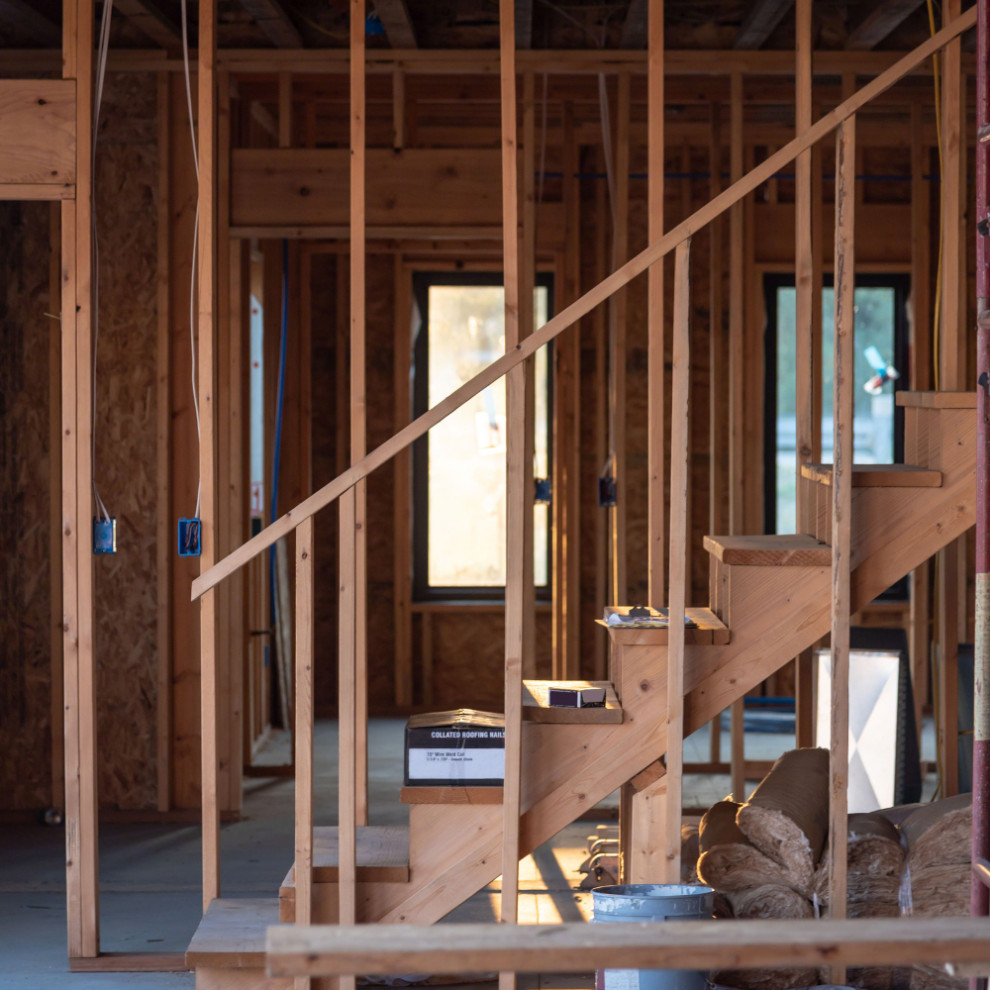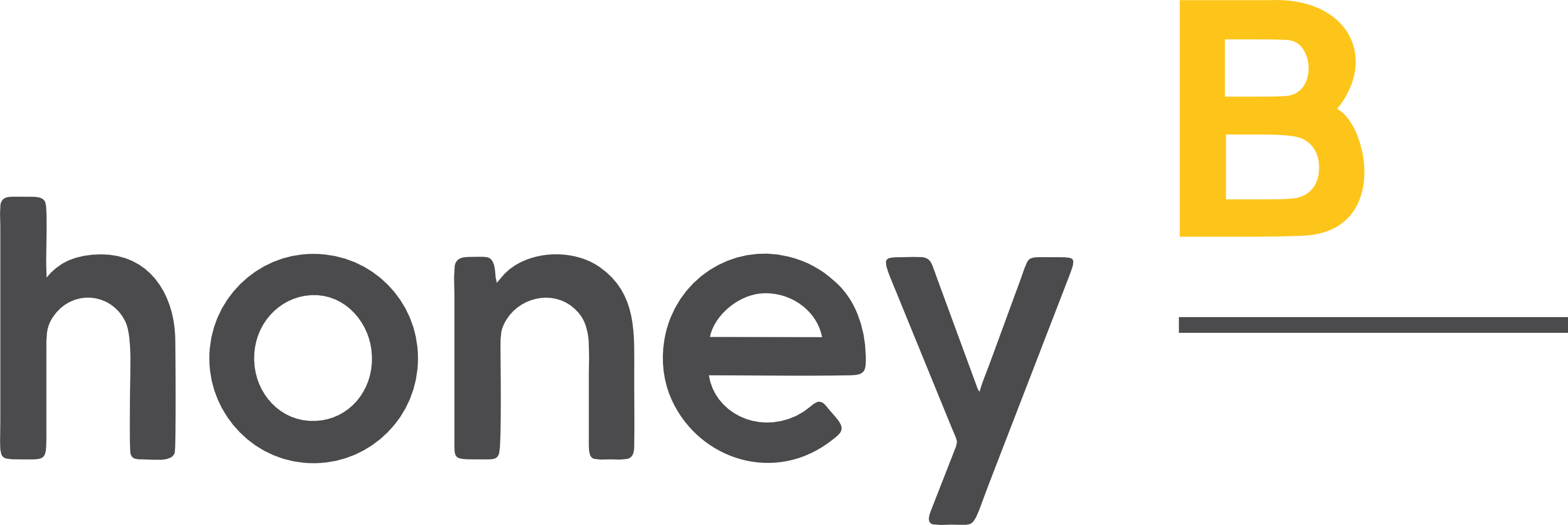New Builds, Remodels, & Additions: Call Us for a Home Transformation!
Request ConsultationTypical Home Addition Costs: What You Need to Know

Adding square footage to your home is an exciting way to increase space, enhance functionality, and boost property value. However, understanding the typical costs of home additions is crucial for setting realistic expectations and budgeting effectively.
Here’s a comprehensive guide to the costs of common home additions, factors influencing pricing, and tips for maximizing your investment.
Average Costs for Common Home Additions
The cost of a home addition varies depending on the size, complexity, and materials involved. Below are typical ranges for popular projects:
1. Room Additions
- Bedroom or Living Room: $20,000 - $70,000
- Includes walls, flooring, lighting, and HVAC extension.
- Bathroom Addition: $30,000 - $75,000
- Includes plumbing, fixtures, and finishes.
2. Kitchen Expansion
- Cost Range: $50,000 - $100,000+
- Includes custom cabinetry, countertops, appliances, and additional square footage.
3. Garage Addition
- Attached Garage: $30,000 - $60,000
- Includes foundation, walls, roofing, and a garage door.
- Detached Garage: $40,000 - $100,000
- Includes separate utilities, driveway extension, and design flexibility.
4. Sunroom or Four-Season Room
- Cost Range: $20,000 - $80,000
- Includes insulation, flooring, and large windows.
5. Second Story Addition
- Cost Range: $100,000 - $300,000+
- Includes structural reinforcement, stairs, and additional living space.
6. Basement Conversion
- Cost Range: $30,000 - $75,000
- Includes insulation, drywall, flooring, and potential plumbing.
Factors That Influence Home Addition Costs
1. Size of the Addition
- Larger additions require more materials and labor, increasing costs.
- Small additions like bump-outs are more affordable but may offer limited functionality.
2. Type of Addition
- Wet areas (e.g., bathrooms, kitchens) cost more due to plumbing and electrical work.
- Dry areas (e.g., bedrooms, living rooms) are less expensive.
3. Materials and Finishes
- Budget-Friendly: Laminate flooring, standard fixtures, and prefabricated cabinetry.
- Mid-Range: Hardwood flooring, quartz countertops, and semi-custom cabinetry.
- Luxury: High-end tile, marble countertops, and custom-built features.
4. Labor Costs
- Hiring skilled contractors, electricians, and plumbers ensures quality but adds to the overall expense.
- Labor rates vary by region, with urban areas typically costing more.
5. Permits and Fees
- Depending on your location, permits for additions can range from $500 - $5,000+.
- Include inspection fees in your budget.
Tips for Budgeting a Home Addition
1. Set a Realistic Budget
- Determine how much you can spend and allocate funds to construction, design, and finishes.
- Include a contingency fund (10-15%) for unexpected expenses.
2. Prioritize Features
- Focus on must-haves like square footage and functionality before splurging on luxury finishes.
3. Get Multiple Quotes
- Compare estimates from several contractors to find the best balance of quality and cost.
4. Plan Efficiently
- Work with designers to optimize the layout and avoid unnecessary structural changes.
Maximizing ROI on Home Additions
1. Focus on High-Value Projects
- Kitchens, bathrooms, and master suites offer strong returns on investment.
- Energy-efficient upgrades like insulation and windows attract buyers.
2. Blend with Existing Design
- Ensure the addition complements your home’s style and architecture.
3. Increase Usable Space
- Additions like sunrooms, bonus rooms, or home offices appeal to modern buyers.
Let HoneyB Construction Bring Your Vision to Life
At HoneyB Construction, we specialize in custom home additions that enhance your space and fit your budget. From planning to completion, our team ensures every detail meets your expectations.
Contact us today to start planning your home addition and create a space that works perfectly for your family!
